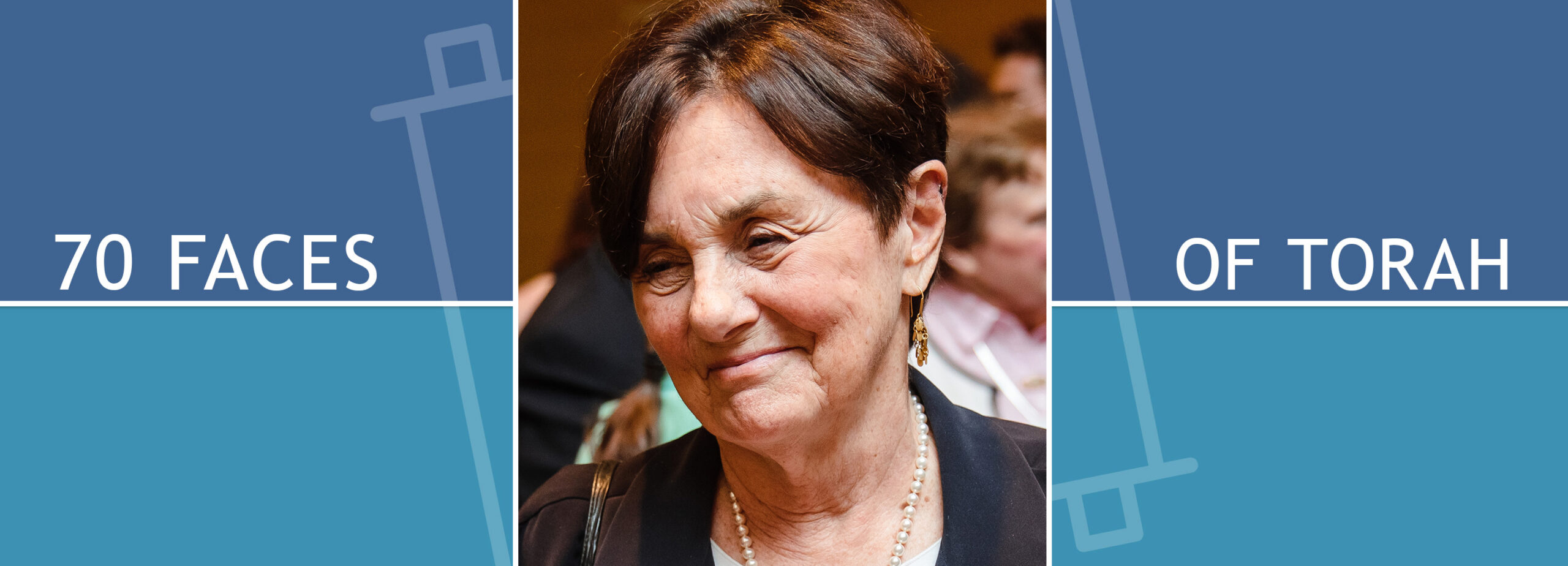Jewish learning Vayikra In These Days

Parashat Vayikra (Leviticus 1:1-5:26)
Between the months since I was assigned Parashat Vayikra and last week when I actually began to think about what I was going to say, so much has changed. COVID-19 has entered our world and seems to permeate our every thought and action. Routines are gone, contexts changed. No one, nothing seems safe. We are physically distant from one another. Normalcy is stripped away, leaving only vulnerability and dread.
It is in that frame of mind that I approach Vayikra this year. When I originally learned that I would be writing on this parasha, I groaned inwardly a bit. After all, each of the other four books of the Torah contain actual stories. And what stories they are! Creation, redemption, backsliding, covenant, journeys, complex personalities…. Genesis and Exodus bring us from the creation of the world to the end of the wilderness years.
Leviticus, Vayikra, with its litany of sacrifices and matters of the cult speaks of a system that can feel archaic, remote, and irrelevant to modern sensibilities. It has usually felt that way to me. But the seemingly abrupt change of tone and contents of Leviticus, as well as its placement in the center of the five books, seemed to speak to me of something else this year. This week’s parasha tells me that establishing the sanctuary and participating in the sacrifices that took place within it represents the way that our ancestors ordered and sustained their world.
Amidst the chaos of their world, our ancestors built a sanctuary, a place of order and of physical and spiritual beauty. And Vayikra is the manual that they created. “Korban”, “sacrifice” in English, comes from the Hebrew root which means “to come close”. If we look beyond the graphic details of the slaughtering of animals, we can get a sense of the larger purpose of sacrifice: how to come closer to what is higher.
The “manual” for sacrifices was for all Israel, not just the priests. Although priests were in charge of the service at the altar and the sacrifices, their activity were open to the scrutiny of the people as a whole. Ritual demystified.
Often, in prior years, I found the lists of sins and offerings eye-glazing. This year, I appreciated the concreteness of both the sins and the offerings. Intent and values came through more clearly. The whole concept of taking responsibility for wrong actions, righting the wrong, then bringing a sacrifice—publicly performed in a sacred place for a sacred purpose—seems psychologically sound, meaningful, and uplifting. The system acknowledged the human dignity and equality of all, providing for everyone to bring sacrifices according to their means. No one was exempt, including (especially) rulers, no one excluded. And, if we believe that the misdeeds of some could bring guilt upon all, we understand more about communal responsibility, as well as how an entire society can become corrupted by the actions of the few.
But I think this parasha, and the entire book, are about something larger, and maybe this is why, this year, Vayikra resonated with me in a different way. For our ancestors, Leviticus was a way of ordering the world. No less for us. Once I allowed myself to see beyond the images of animal sacrifice and the minutiae of offerings, I realized that important questions are implied. What does it mean to be a holy people and a nation of priests, a community bound by a covenant? How can we live in the world in such a way that we merit being partners in the covenant into which we all entered when we stood at Sinai? What does it mean to be partners with the God in whose image we are created, and who every day and always renews the work of creation?
Amidst the chaos of the world(ly), we seek an ordered place, a sanctuary. Life, especially now, when every day seems to bring a new “new normal”, can seem frightening, arbitrary, irrational. We live every day in the space between God’s good ordering of the world and human forces whose destructive actions seem to wreak havoc with that plan.
We know what sanctuary meant for our ancestors. What can it mean for us? Maybe the term “shelter in place” can mean more than an emergency measure. Maybe we can reclaim it for a loftier purpose. How can we come closer to what is higher? In this time of vulnerability, can we realize that, through our behavior we have the power to make God be more present in the world. Maybe we can use found hours to find solace in beginning to re-order our universe, to create a fixed center, as our ancestors did. Realizing that we live in a world of “not-yet”, maybe we can re-affirm what gives meaning to our lives as Jews, and as human beings. As Bahya ben Asher (1255-1340, Spain) said, “Days are scrolls. You may write on them what you wish”. What will the scroll of these days contain?
Our tradition bids us: “Choose life, that you may live”. In this time of disruption and uncharted days, may we make choices that are life-sustaining. May we go forward healthy and strengthened.
Shabbat shalom!
Lydia Kukoff is a member of the Hebrew College Board of Trustees.

